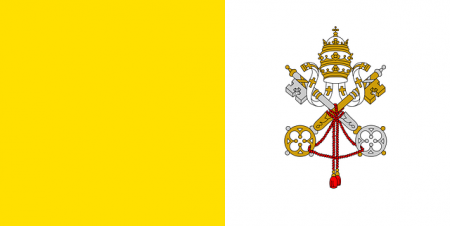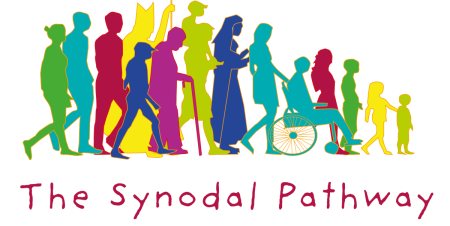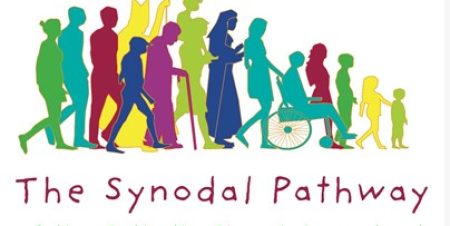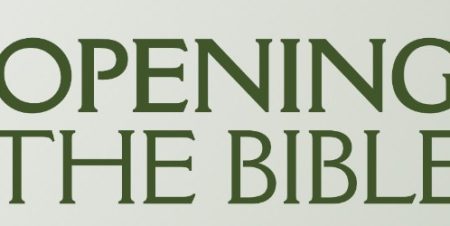Monday, 30 July 2018 is the fifth World Day Against Trafficking in Humans. Human trafficking is the acquisition of people by improper means such as force, fraud or deception, with the aim of exploiting them for sexual or labour purposes. It is a modern form of slavery.
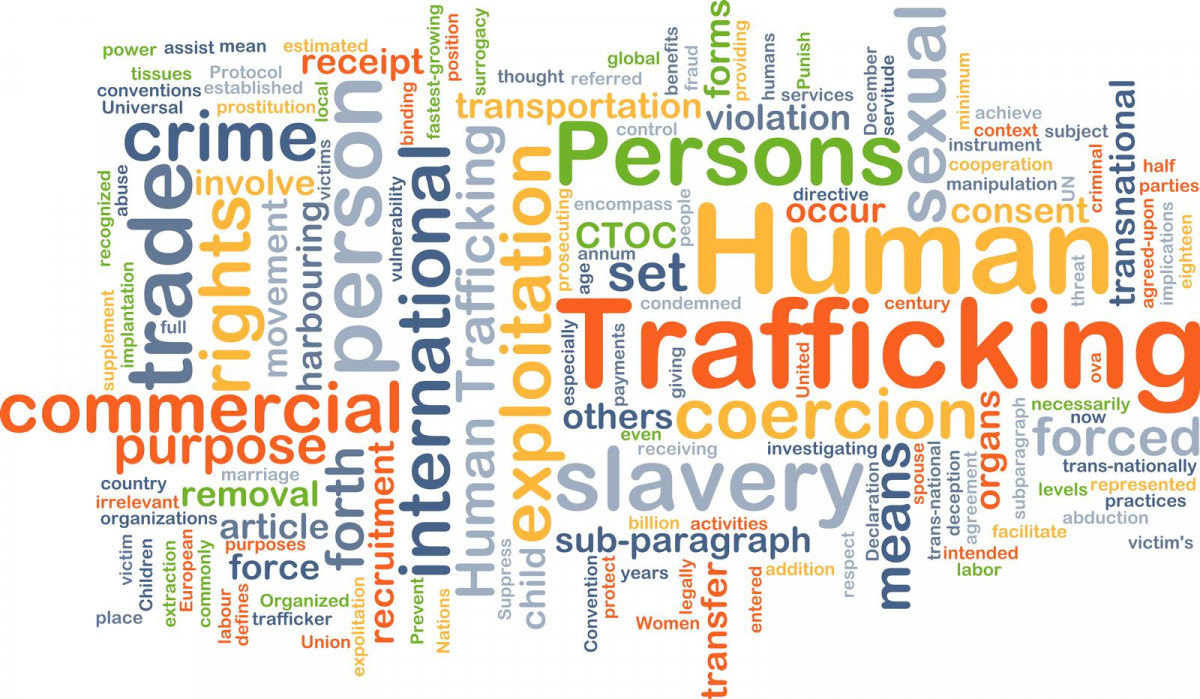
Despite the fact that human trafficking is widely condemned as a violation of human rights by international conventions, it is estimated that throughout the world 27 million people are trafficked. Women and children represent 80 percent of those affected by this complex web of bondage that robs them of their youth, their dignity and their freedom and reduces them to objects for use and misuse.
Human trafficking is a crime fuelled by global poverty, inadequate education and opportunity, ethnic discrimination and societal gender inequity, and by the demand for cheap labour and cheap sex. It is a crime that transcends cultures, class and geography. Trafficking is linked to prostitution, drug use, homelessness and marginalisation Virtually every country in the world is affected by this crime, whether as an origin, transit or destination country for smuggled migrants by profit-seeking criminals.
We have all seen media reports of suffering, smuggled migrants, who are vulnerable to life-threatening risks and exploitation; thousands of people have suffocated in containers, perished in deserts, dehydrated or drowned at sea. Their suffering is degrading and shameful. Generating huge profits for the criminals involved, migrant smuggling fuels corruption and empowers organized crime.
The International Labor Organization (ILO) estimates that the illegal profits made from the use of forced labor in the private economy worldwide amount to $150.2 billion per year, exceeding both the population and GDP of many countries or territories around the world.
For Reflection and Action
Slavery Footprint is a survey that asks and responds to the question, “How Many Slaves Work For You?” The survey allows users to input select data about their consumer spending habits, which then outputs a graphical “footprint” of the user’s participation in modern-day slavery (as quantified by their consumption of items created by forced labor and child labor.)
This survey is a worthwhile exercise to undertake on this, the fifth World Day Against Human Trafficking, increasing as it does, the participant’s awareness of the effect of our consumption habits and offering an opportunity to reflect and decide to change behaviours.
Find out how to Shop ethically: Consult the Ethical Fashion Guide and the Ethical Electronics Guide.
Image: iStock. Used under licence

